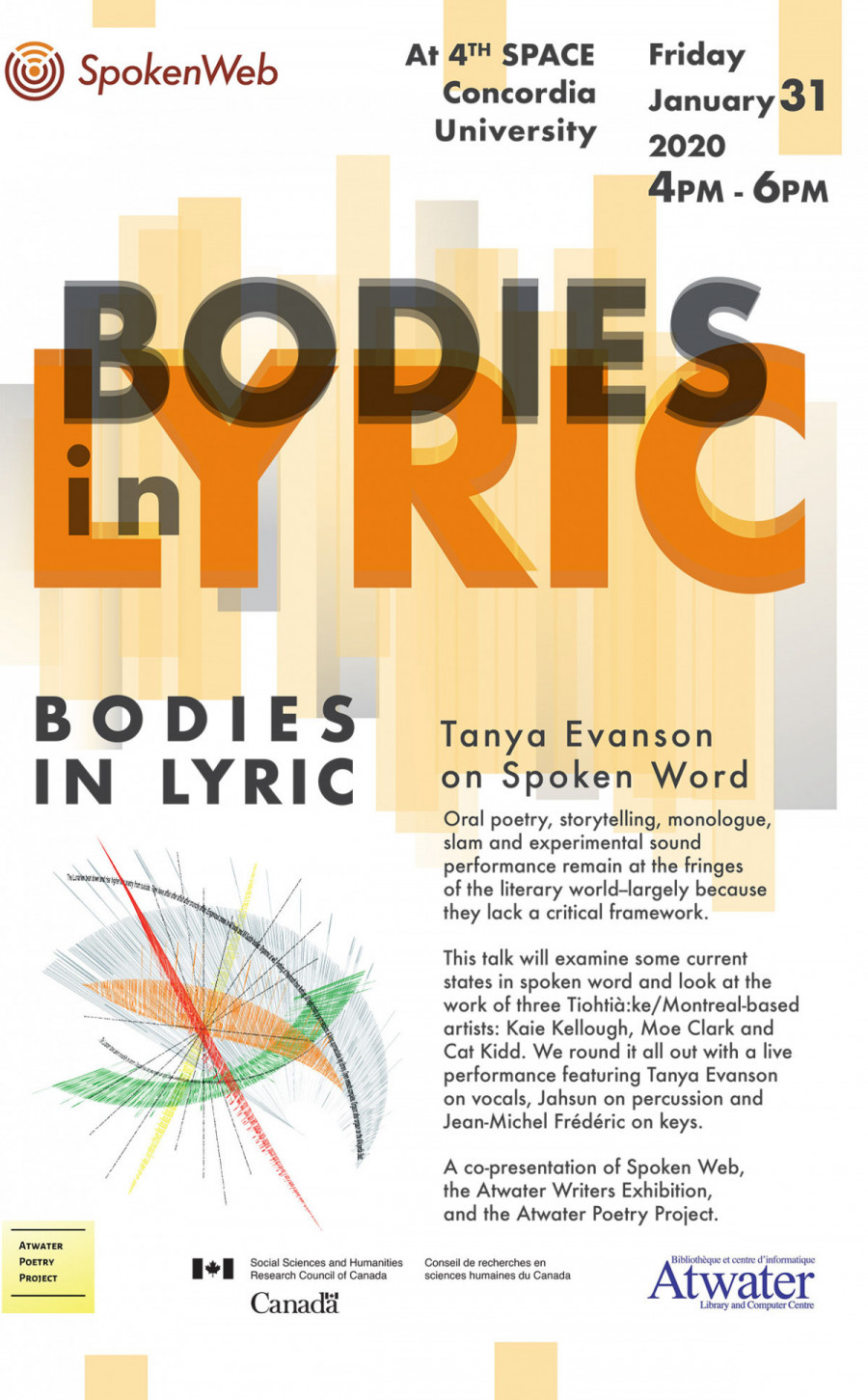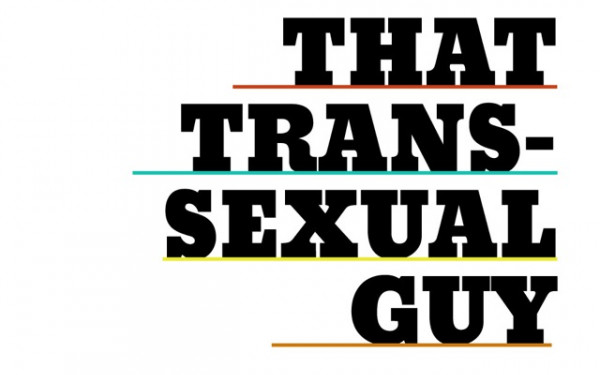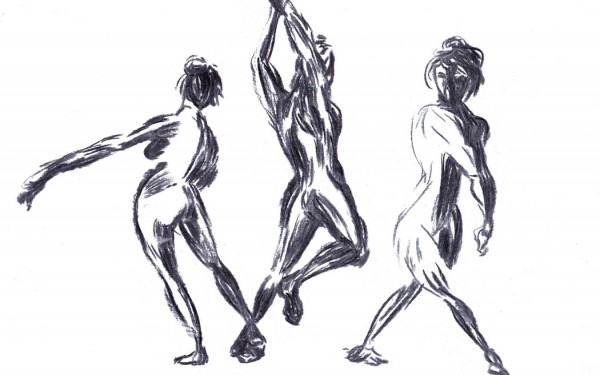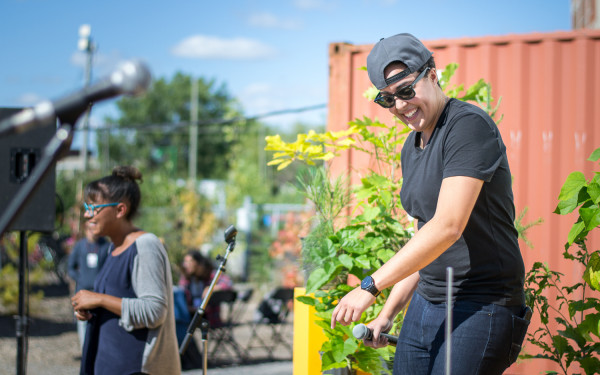Putting a Spotlight on the Vast World of Spoken Word
Tanya Evanson Aims to Showcase a Medium Left in the Fringes
Tanya Evanson has been performing and producing spoken word for 20 years, a career that has brought her to festivals in Canada, England, South Africa, Australia, Ghana, and Ukraine, to name a few.
But she isn’t interested in giving a history lesson about spoken word.
Instead, she wants to focus on the here and now of an artform that one could realistically argue dates as far back as humanity itself—before writing, and definitely before audio equipment.
Her goal is to look at how despite being an extremely vast art form, much of spoken word exists at the fringes, away from other literary genres in the limelight.
As laid out by Spoken Web, who co-present the events hosted by Evanson with the Atwater Writers Exhibition and the Atwater Poetry Project, “oral poetry, storytelling, monologue, slam and experimental sound performance remain at the fringes of the literary world—largely because they lack a critical framework.”
She hoped to provide that framework in the event Bodies in Lyric, which is presented on Jan. 31 at Concordia’s 4th Space, also available via livestream.
“We don’t get any critical reviews in journals, blogs, or anything like that,” said Evanson.
She partially attributes that lack of critical framework to the oral, ephemeral nature of the medium.
“Spoken word is meant to be performed live, it’s not meant to live in a book, though some spoken word artists publish,” Evanson said. “The method of distribution is live, it’s work that you have to go out and see, it’s someone who is a writer and a performer.”
“Performance is 50 per cent of the work. Spoken word is an interdisciplinary art, so it should be strong writing and strong performance. You’re doing twice the work of a writer and twice the work of an actor, that’s my personal philosophy,” she said.
“We don’t get any critical reviews in journals, blogs, or anything like that.” — Tanya Evanson
For Evanson, a good piece of spoken word can take a wide scope of topics and presentation. But, there are some baselines to follow.
“Anyone can take a book and read from it. To practice what the presentation should be, what the performance should be like, then we’re talking tone, pitch, rhythm, rhyme, cadence, volume, and speed,” she said.
“You can use props, you can bring in artists from different disciplines, musicians, visuals, dance, it’s endless.”
The event features performances from three local spoken word artists, Kaie Kellough, Moe Clark, and Cat Kidd.
Evanson wanted to feature artists she felt were “doing really interesting things and have been for some time, to give them a kind of critical review they don’t often get.”
The following day, on Feb. 1, there will be a workshop for those seeking to learn how to do their own spoken word.
The event invites prospective poets to “create fresh autobiographical work,” something Evanson considers a good place to start as a prospective performer.
“I think it’s a good place to begin, to mine your own life for material, and then look at it from different angles, and to see the different meanings, or the different mythologies, or the politics that are inherent in those things that we experience in our life,” she said.
“It’s also just good to contemplate your own life in order to just be a healthy human being, you know?”


_600_832_s.png)


_600_375_90_s_c1.jpg)

